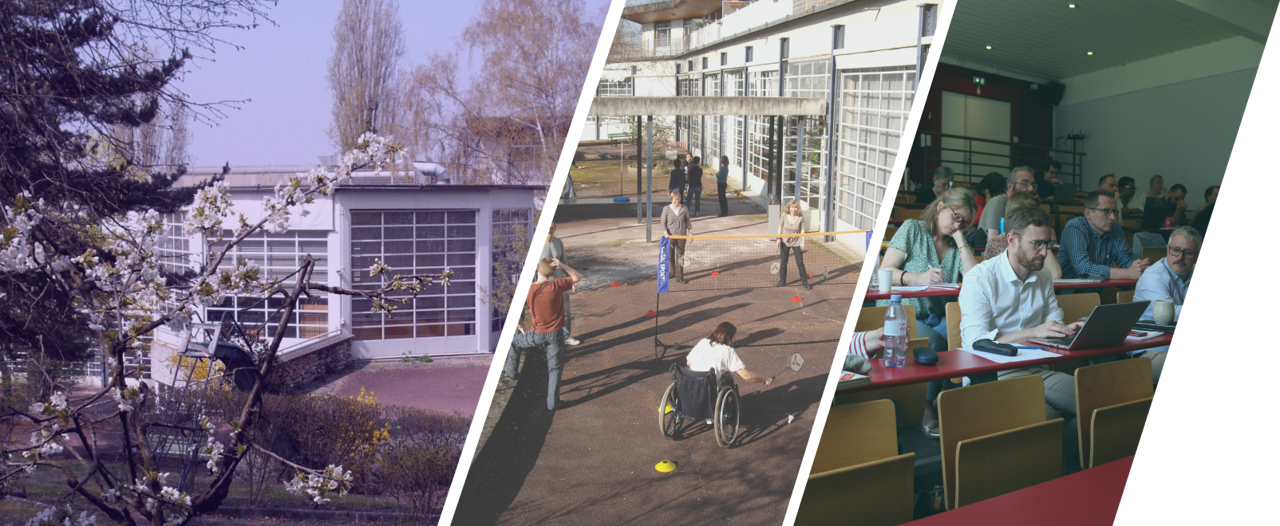
Du discours juridique à son application : liberté de choix entre une éducation bilingue et une éducation oraliste pour les sourds
Article du n°75 (3e trimestre 2016) : « Handicap, parole de témoin et parole d’expert : vers une co-construction des discours ? »
Description
Résumé : Le processus d’élaboration des politiques publiques relatives aux personnes handicapées comporte différents niveaux. Peuvent ainsi être distingués la construction du problème public, la production de la politique publique, la mise en œuvre et la consommation du produit par les acteurs?. Cet article a pour objet d’interroger l’arrière-plan discursif, conceptuel et historique dans lequel s’enracinent, en France, le discours juridique et la politique publique concernant la place et le rôle de la LSF (Langue des signes française) dans l’éducation des jeunes sourds et de montrer en quoi le contexte de controverses qui a marqué historiquement la construction de ce problème public reste présent dans le filigrane des textes juridiques, au point de produire des discordances intertextuelles dont l’effet est tout à la fois de poser un droit pour tous et dans le même temps de restreindre son application. L’ambiguïté juridique qui en résulte constitue le terreau d’un droit souterrain qui semble renvoyer, en l’occurrence, à un interdit idéologique indépassable.
Mots-clés : Discours juridique - Droit souterrain - Éducation bilingue français/LSF - Épistémè - Éducation oraliste - Liberté de choix - Médicalisation - Politique publique - Surdité.
From legal discourse to application: freedom of choice between a bilingual education and an oral education for the deaf children
Summary: The process of developing public policies on disability has different levels. Can thus be distinguished building public problem, production of public policy, implementation and consumption of the product by stakeholders. This paper is intended to examine the discursive, conceptual and historical background in which are rooted in France, legal discourse and public policy, regarding the place and role of the FSL (French Sign Language) in educating young deaf. The aim is to show how the context of controversy that has historically marked the construction of this public problem is present in the watermark of legal texts, to the point of producing intertextual discrepancies the effect of which is to establish a right for all and at the same time restrict its application. The legal ambiguity that results is the breeding ground for an underground law which appears to refer, in this case, an unsurpassable ideological prohibition.
Keywords: Bilingual education French-FSL - Deafness - Épistémè - Freedom of choice - Legal discourse - Oral education - Medicalization - Public policy - Underground law.
Télécharger l'article complet (.pdf, 160 ko).
Télécharger le bon de commande du numéro 75 (.pdf, 240 ko).
Informations complémentaires
- Nombre de pages :16
- Format :Numérique
- Contact librairie :vente@inshea.fr / Tél : 01 41 44 31 29
